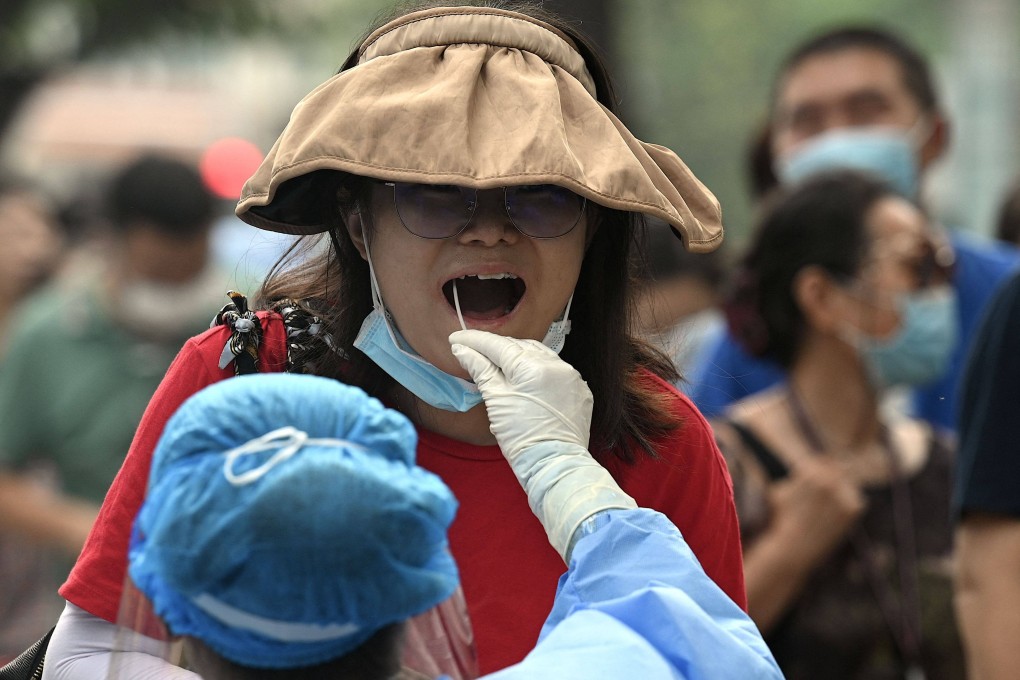Advertisement
Coronavirus: China’s ex-Covid patients live under ‘dark shadow’ of stigma
- Rights groups say zero-Covid rules shut thousands of people out of China’s already bleak job market, with migrants and young people hit hardest
- The term ‘little sheep people’ is used to refer to people who have had Covid-19 as the words for ‘positive’ and ‘sheep’ are pronounced the same way in Mandarin
Reading Time:3 minutes
Why you can trust SCMP
2

When Zuo tested positive for Covid-19 while working as a cleaner in one of Shanghai’s largest quarantine centres, she hoped it would not be long before she could pick up the mop and start earning again.
But four months on, she is still fighting to get her job back – one of scores of recovering Covid-19 patients facing what labour rights activists and health experts say is a widespread form of discrimination in zero-Covid China.
Using snap lockdowns and mass testing, China is the last major economy still pursuing the goal of stamping out the virus completely.
Advertisement
Those who test positive, as well as their contacts, are all sent to central quarantine facilities, while a flare-up in a factory can grind production to a halt.
Rights groups say the rules are feeding Covid-related discrimination and shutting out thousands of people from China’s already bleak job market – with migrant workers and young people hit hardest.
Advertisement
Advertisement
Select Voice
Select Speed
1.00x
